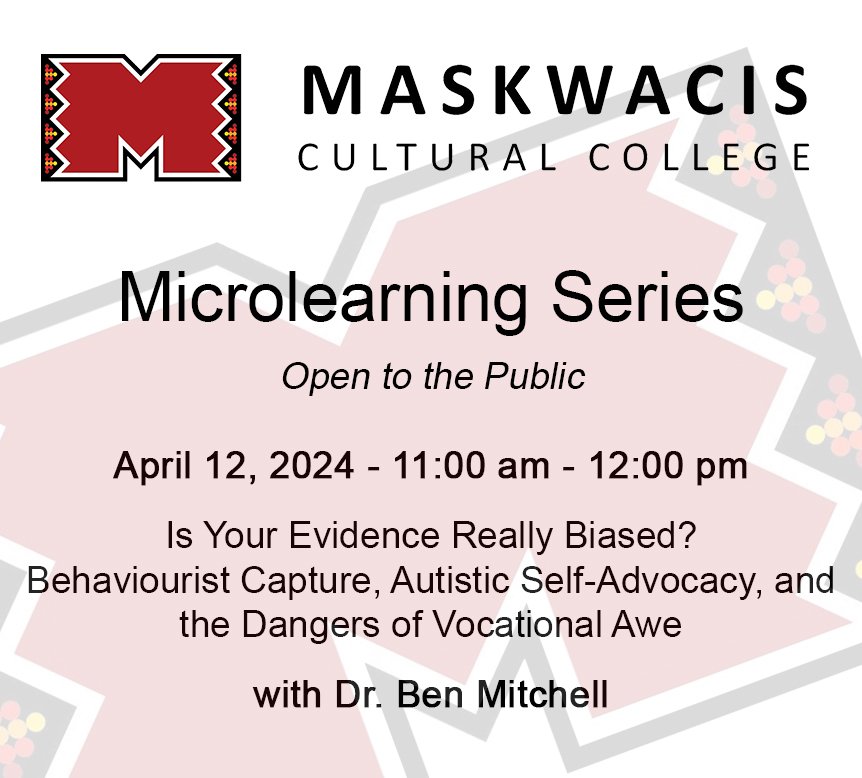Is Your Evidence Really Biased?
Behaviourist Capture, Autistic Self-Advocacy, and the Dangers of Vocational Awe
In the history of science and medicine there are numerous examples of how the “best available evidence” promoted by professional societies was profoundly, destructively wrong. This can be seen in the widespread support of scientific racism and eugenics as well as the pathologization of “sexual inversion” and gender variance. When academics talk about the nature of authority and hold up peer-review as an example of a methodological gold standard in academic and medical research, we must always ask ourselves: whose peers are we talking about? For that matter, whose interests are we talking about?
It is becoming increasingly evident even to those outside the autistic community that despite claims of being grounded in evidence-based practices, most studies on the effectiveness of Applied Behavioral Analysis (ABA) are poorly designed, do not disclose conflicts of interest, display a strategic disregard of the harmful outcomes of interventions, and do not reflect the interests of the majority of autistic people. At best, ABA is expensive, intensive, and ineffective at improving life outcomes. At worst, it is actively traumatic and makes us more susceptible to further victimization.
This discussion will examine recent challenges to the evidence-based nature of ABA and how ABA practitioners have historically taken advantage of the internalist nature of the peer-review system. These challenges reinforce what autistic activists have been saying for over twenty years and have consequences for how educators deliver information literacy instruction. Information literacy is not a neutral activity and must include a place for own voice narratives, patient, and survivor accounts if we are to avoid perpetuating harmful industry standards with a shrug and a gesture to how “well, everyone’s doing it.”
Presenter:
Dr. Ben Mitchell is a librarian, educator, and researcher with a background in the history of science and medicine. They have been a curator involved in the public history of mental health and neurodivergence and have delivered talks and programming on topics related to neurodiversity and information literacy at numerous conferences and events, including as an invited speaker at the Waterloo Public Library and as part of CAPAL’s Diversity & Equity Committee. They are also the organizer of the Neuro-GLAM-erous Discord server and annual conference for neurodivergent gallery, library, archives, and museum (GLAM) workers.
Cost: Free
Registration Link: https://forms.gle/eKEh8SS752BpABAX9
This is part of the Maskwacis Cultural College Microlearning Series and is open to the public.
Contact Manisha Khetarpal by email mkhetarpal@mccedu.ca or call toll free: 1 866 585 3925

